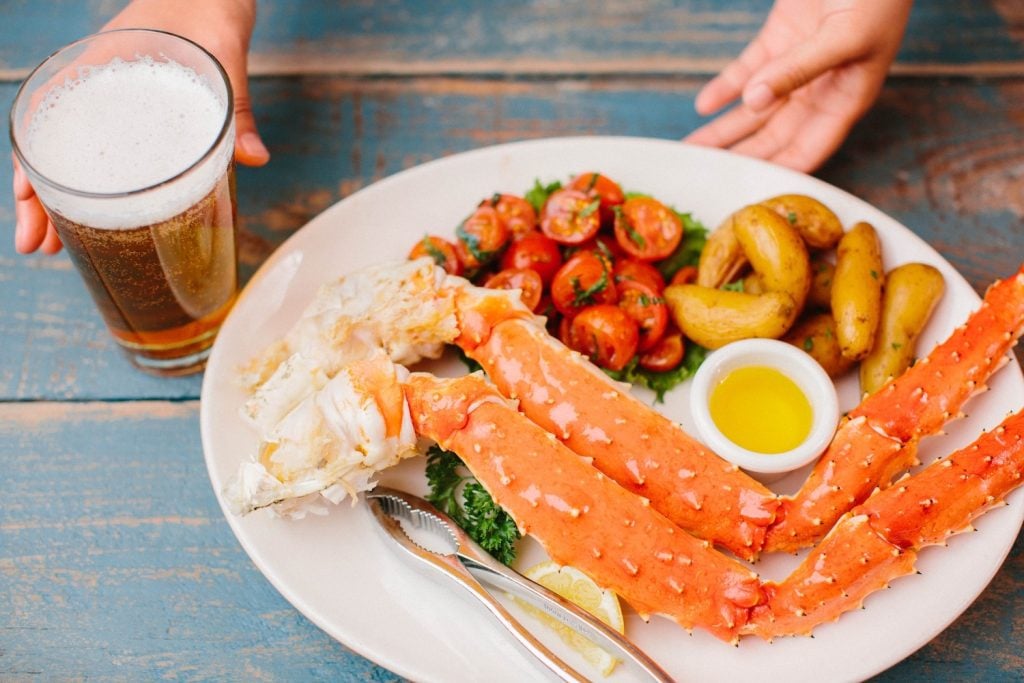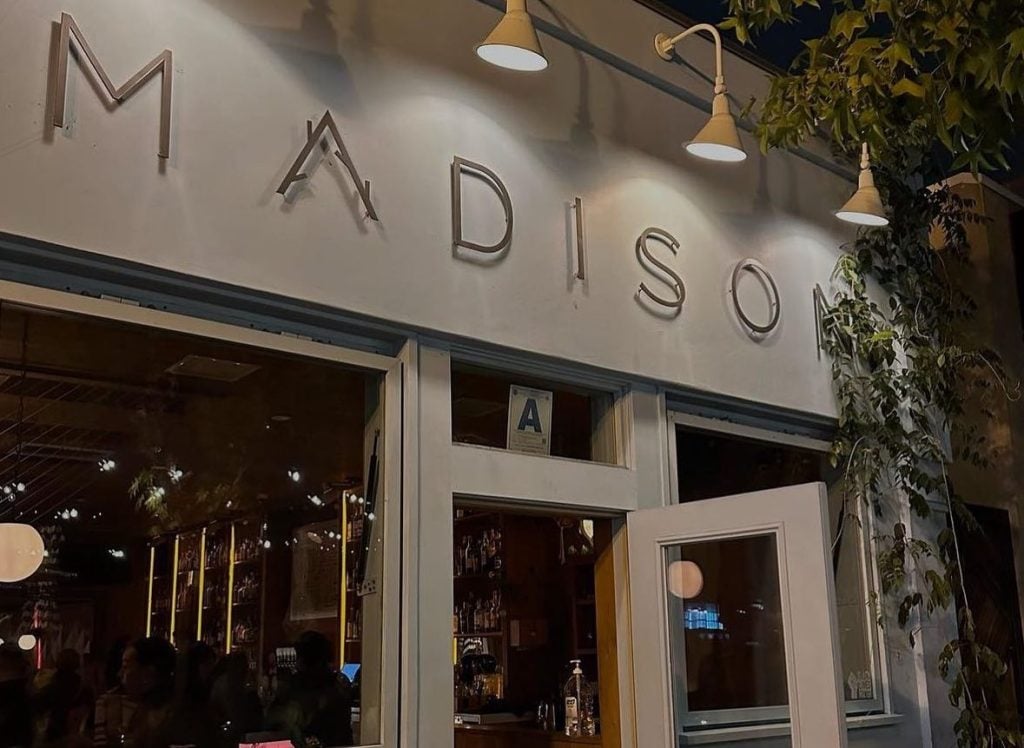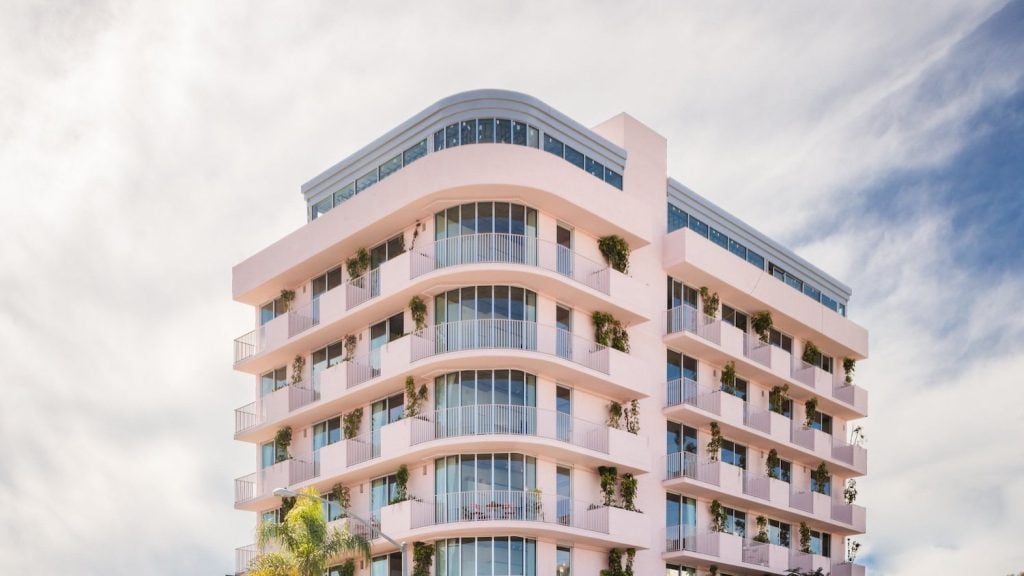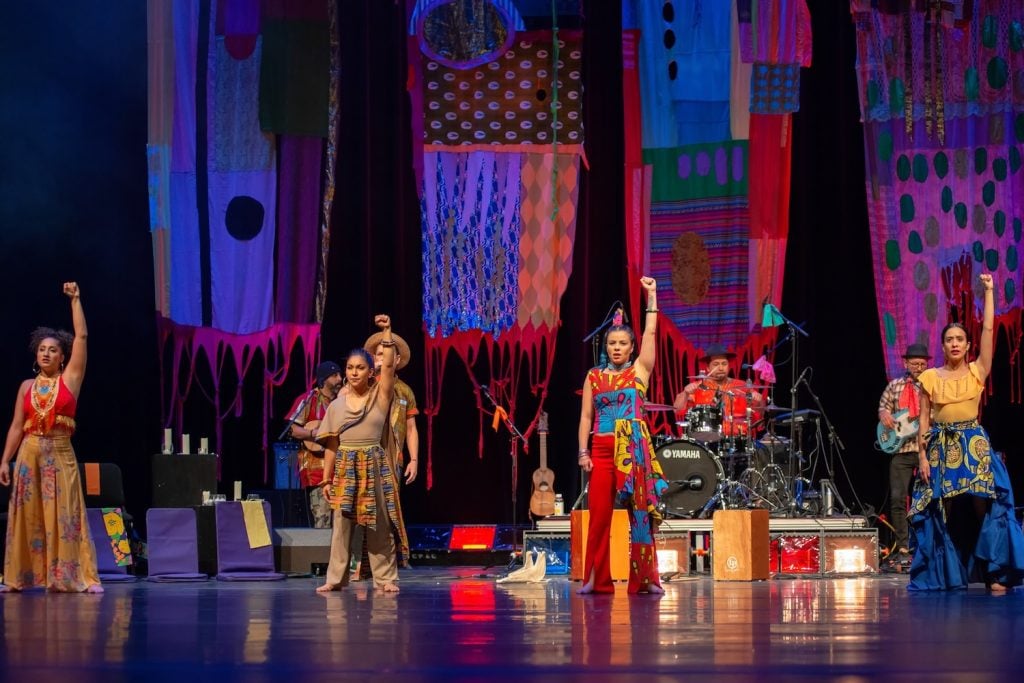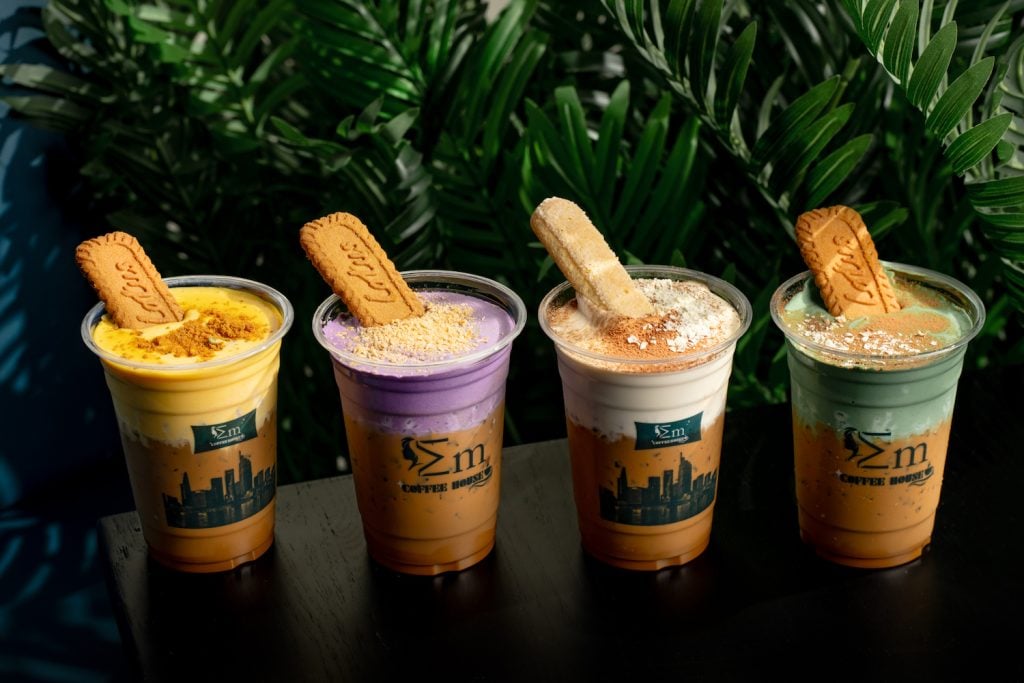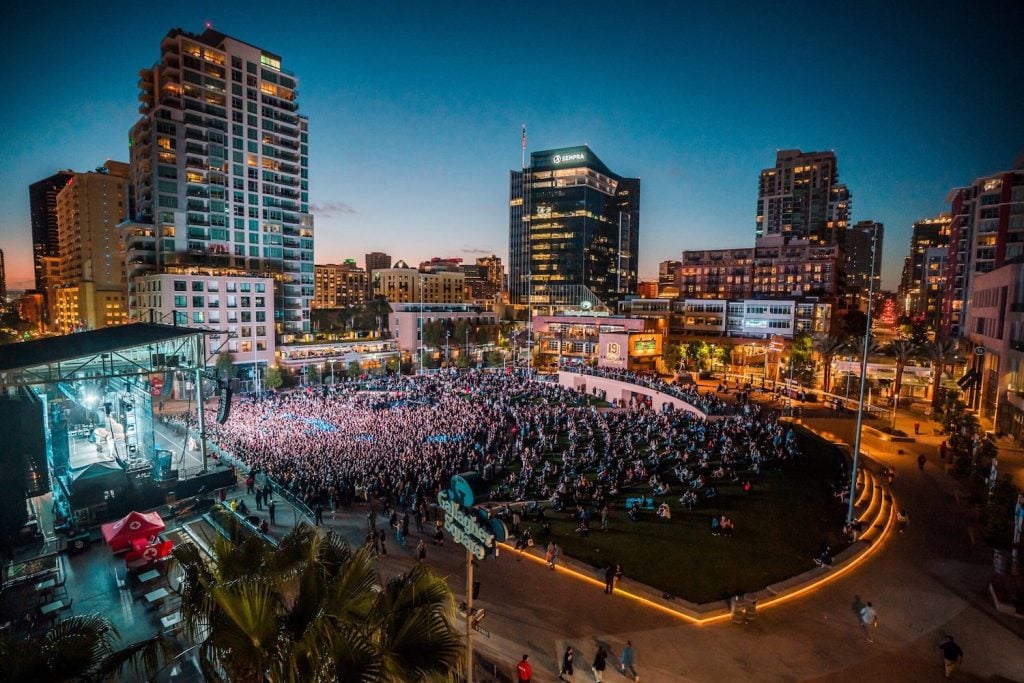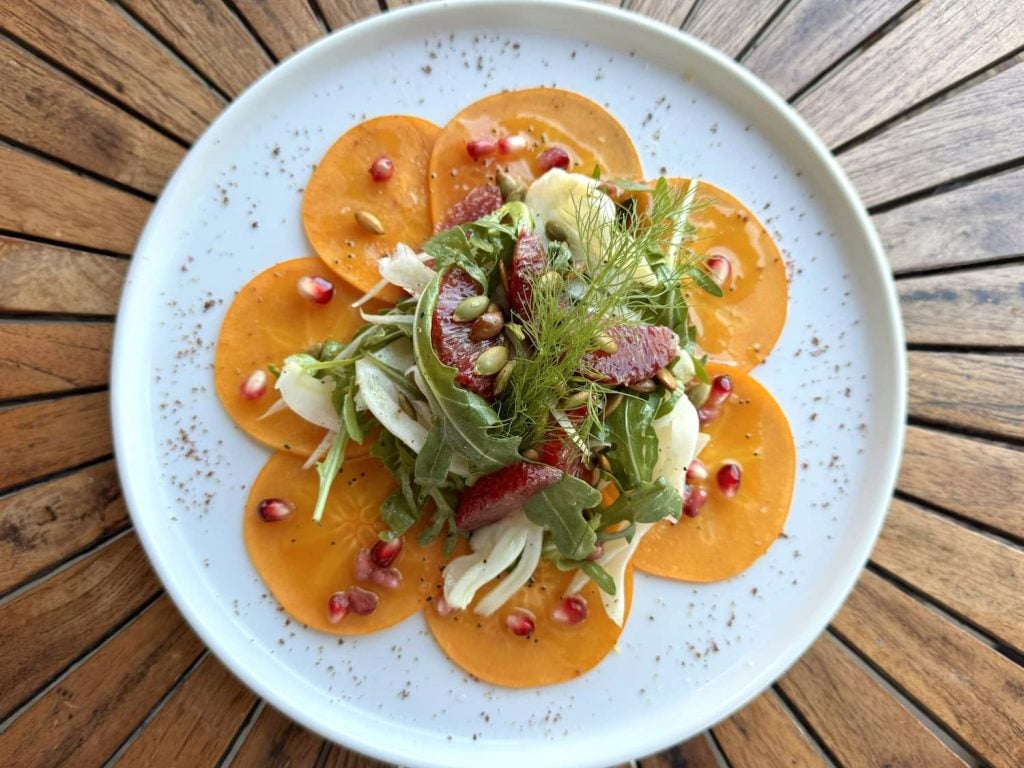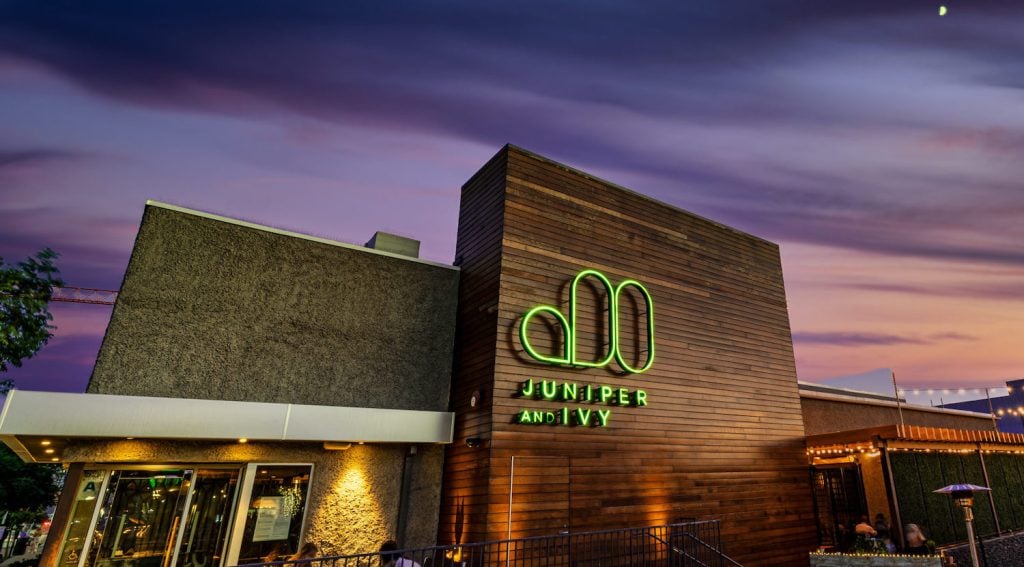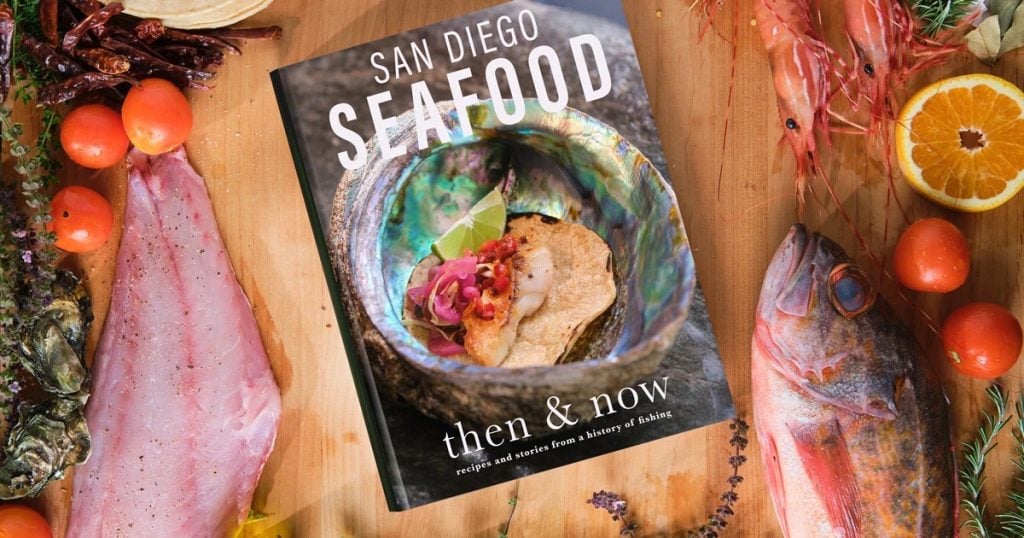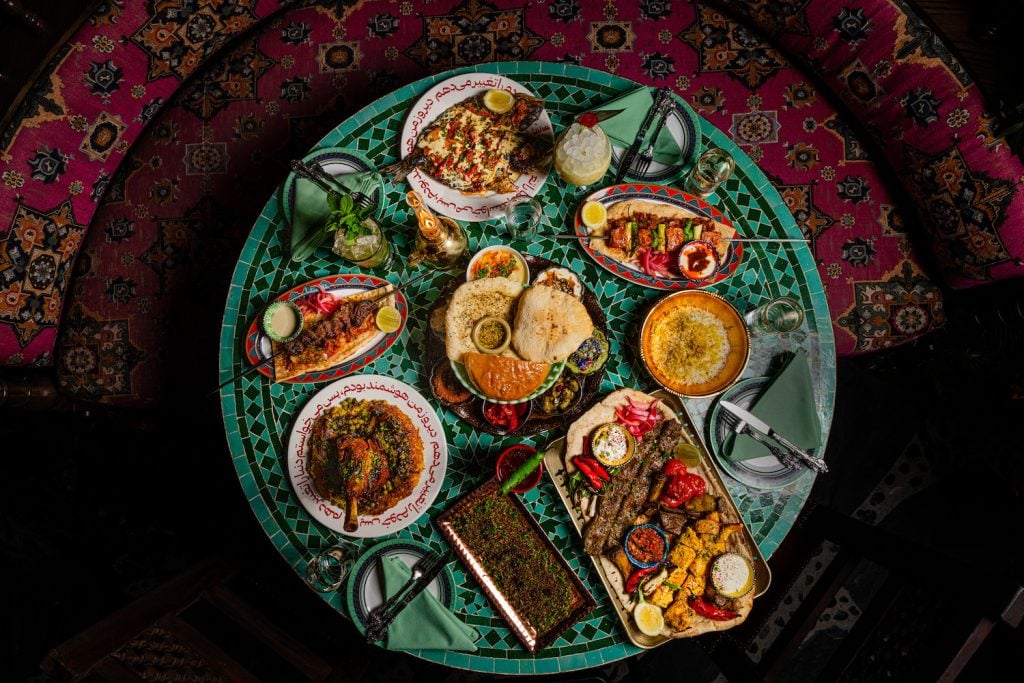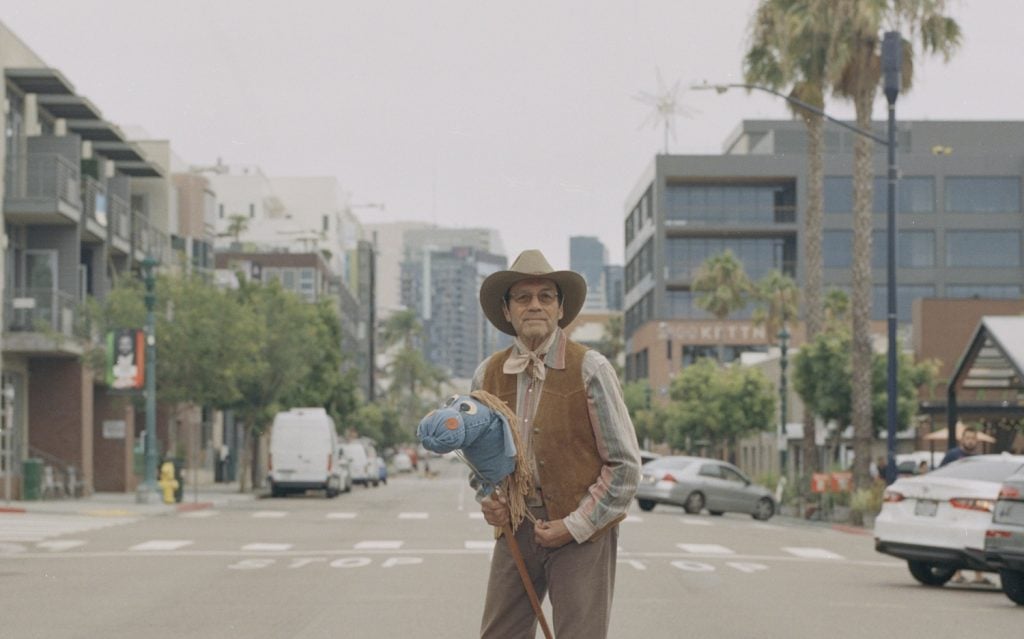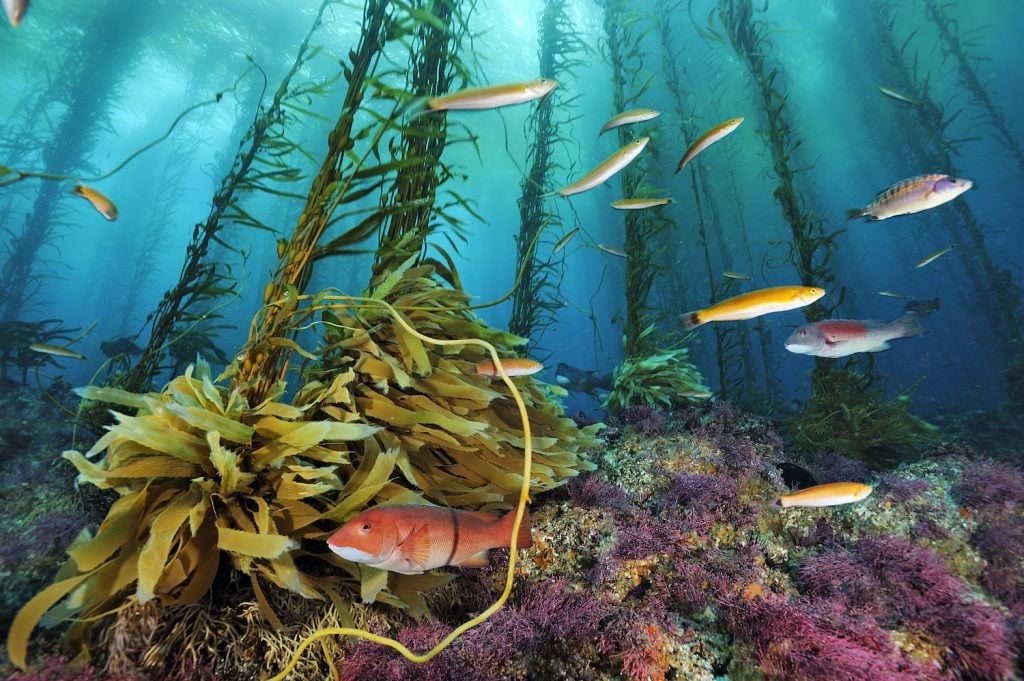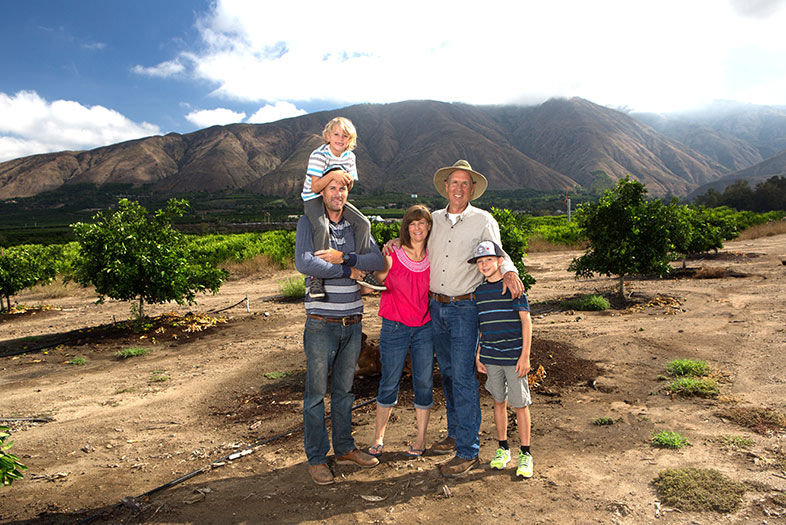On a warm, breezy summer morning under a deep blue Pauma Valley sky, Warren Lyall walks to the top of a steep hill that overlooks a seemingly endless collection of orange groves. Casting a long shadow on the western side of the slope, Lyall, 62, a handsome, soft-spoken rancher, surveys the trees he’s grown, breathes in the fresh, citrus-scented air, and flashes a proud smile that most likely only a seasoned rancher could fully understand.
“I love it up here,” he says. “This is a good life.”
Lyall, a family man and leukemia survivor, has lived his entire life—besides a few years away for college—on this picturesque 200-acre spread. But he says he’s recently gained an even greater appreciation for the time he spends in this serene, often-overlooked rural enclave in North San Diego County at the base of the Palomar Mountains.
“Citrus growing is a way of life in Pauma,” Lyall says. “But it has to be in your blood. It isn’t easy work. You have to love it.”
Four generations of Lyalls have cultivated this land. Lyall’s grandfather, Andrew, established the ranch in 1933 (he died in 1971), and Warren and his father, Charles, now 93, take great pride in watching Warren’s two sons, Andy, 37, and Tim, 33, carry on the family tradition. Warren’s grandkids Asher, 10, and Dawson, 6, will make five generations of Lyall ranchers on the same property. That is, if they choose to stay.
“We don’t know yet what direction the kids will go,” Lyall says. “But regardless, we all love this place. Pauma is still paradise.”
You hear that a lot around here. Ask residents what they think of Pauma Valley, and the answer is almost always the same. The valley, which is still largely agricultural, is what Orange County probably was a century ago. Complete the picture with green groves clinging to spectacular mountain slopes and canyons, and forests of pines and oaks that frame the highest peaks. Today, in 2015, there’s simply no other place in California quite like it.
San Diegans generally don’t know much about Pauma Valley. If they know of it at all, it’s typically because of the three popular American Indian–owned casinos—Harrah’s Resort Southern California, Casino Pauma, and Pala Casino Spa Resort.
Discover the Secrets of Pauma Valley:
- American Indian Presence in Pauma Valley
- Pauma Valley’s Secret Treasures
- Lyall Looks Forward and Welcomes Visitors
- Rincon Band of Luiseño Indians Invests in North County
- Getting to Know the Valley’s Tribal Governments
- Tribes Deliver Dining Riches and a Wealth of Entertainment
- A Commitment to the Land
- Pauma Band Plants a Future in Organic Farming
- New Thrills, Old Forests: Nature, and Nurture
- La Jolla Band Opens Exciting New ZIP ZOOM ZIPLINE
- La Jolla Tribe Installs Solar Power Units in Low-Income Tribal Members’ Homes
- Millennials Make Big Splash at Harrah’s Dive Day
- Pauma Valley’s Other Hidden Gem
- Lazy H Ranch Is Pauma’s Own Shangri-La
- At Palomar Observatory, Things Still Looking Up
- New Water-Saving Growing Method Introduced in Pauma
- Pauma’s Most Famous Residents, Past and Present
- Pauma Valley Country Club Is Second to None
- El Rey Restaurant: Everyone’s Favorite Haunt
- Pauma’s Own “Citizen Kane” Creates Preserve
- Pauma Mission Still Ministering to American Indian Populations
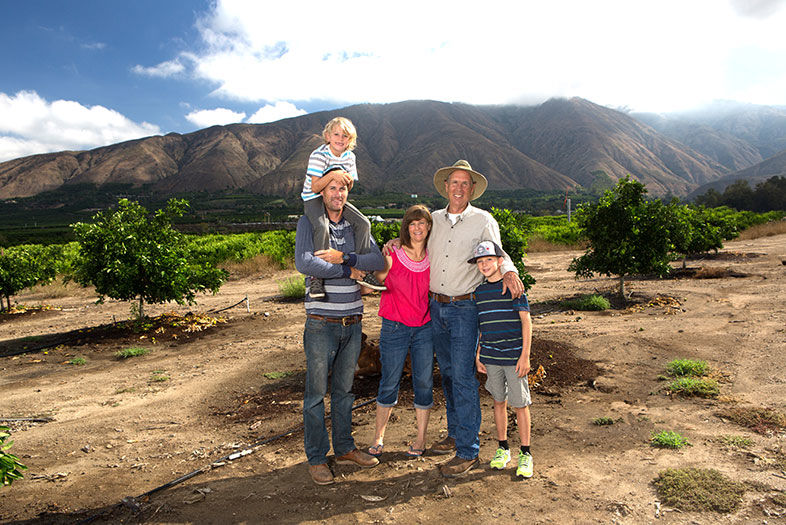
The Secrets of Pauma Valley
Lyall Family
